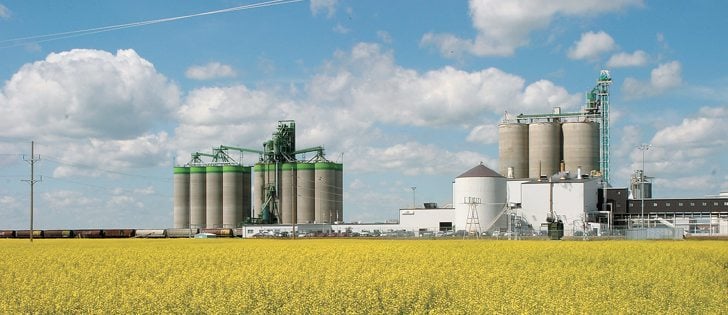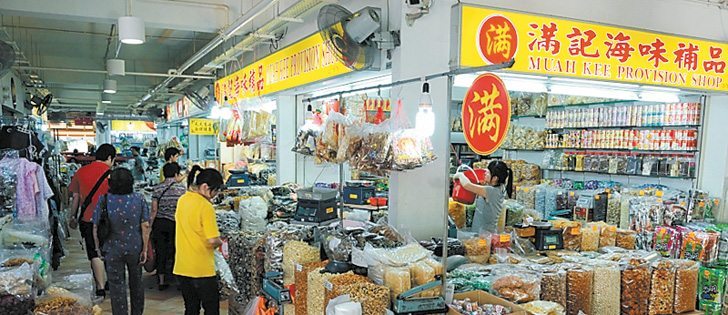Unpredictable demand Beijing struggles to manage huge economy, pork prices drop 15 percent
Reports of Chinese buyers backing away from new purchases have spooked world markets for pork, corn and soybeans, which rely on assumptions of continuing heavy purchases from the growing nation.
A number of news agencies report that Chinese oilseed crushers have cut production because of losses. Soybean prices have recently fallen, but so too have domestic Chinese soyoil and soymeal prices, reducing their margins.
Pork prices, which had been rising and were a major portion of food price inflation, are now falling because of rising domestic production. This is causing Chinese hog farmers to lose money and that is prompting the government to quickly develop programs to create storage for domestic pork.
Read Also

Pakistan reopens its doors to Canadian canola
Pakistan reopens its doors to Canadian canola after a three-year hiatus.
“All eyes are focusing on China and their import levels,” said Greg Kostal of Kostal Consulting in Winnipeg.
Rich Nelson of Allendale, Inc. agreed.
“Everyone notices when China stops buying.”
China’s future demand is a riddle to outside analysts. It is a market of profound importance to producers of most world commodities, but its buying habits are unpredictable.
Unlike Japan, which generally buys about the same amount from the world markets every year, China can jump into markets with a big splash or leap out completely.
This often has a major impact on prices.
China’s future demand also appears to be a mystery to its government and agricultural economists, who are faced with a massive and complex economy that is rapidly transforming.
Chinese agricultural economists say surges in domestic pork supply occur because small farmers jump into production when prices are high and stop producing when prices are low.
Surging input prices mean Chinese hog farmers are losing money even though pork prices are high.
The recent 15 percent drop in the price of pork combined with higher input prices has destroyed hog farmers’ margins.
Some China watchers think recent official statements and articles in state approved media suggest the Chinese government is beginning to buy up domestic pork to boost prices. There are also plans to build storage facilities for domestic pork that could store meat in low price periods and release it in higher priced periods.
Corn markets have also been rattled by signs of shrinking Chinese demand.
Kostal said he thinks there is a limit to the downside in Chinese demand. China will no longer stop buying and consuming products just because they become expensive to import or too expensive to produce domestically.
“I think demand is much more mature and broad-based,” said Kostal, anticipating that a continued lowering of prices would inspire Chinese buying.
“If you’re thinking corn futures are going to be $4.50 on the December contract, I think you need to make space in your supply and demand for 20 million tonnes of Chinese corn imports.”















